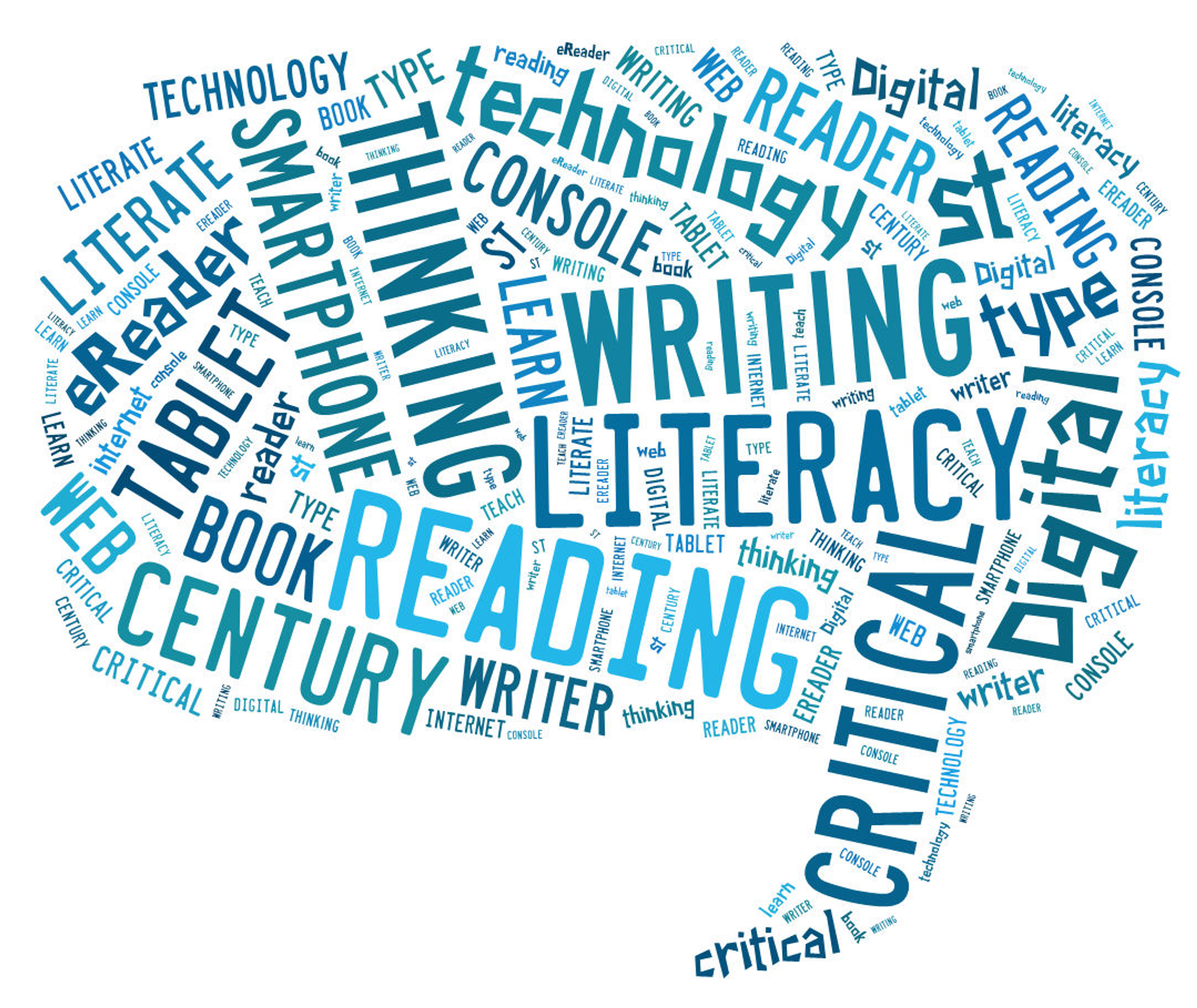Literacy Matters
Savor language and words because no matter what anyone tells you, words and ideas have the power to change the world.
John Keating (Dead Poets Society - Author, Tom Schulman)

Literacy Matters
Savor language and words because no matter what anyone tells you, words and ideas have the power to change the world.
John Keating (Dead Poets Society - Author, Tom Schulman)


Alison Sanza
Literacy Leader
As we oscillate between Remote Learning and Face-to-Face Learning, we would like to share with you some of the strategies we are employing at Brunswick Secondary College to improve students’ literacy.
The Department of Education and Training (DET) defines literacy as,
‘students’ ability to interpret and create texts with appropriateness, accuracy, confidence, fluency and efficacy for learning, in and out of school, and for participating in the workplace and community.'
Across subject areas, we are embedding a range of strategies to increase students’ confidence and ability to understand what they read and hear, and to support them with increasing their skills to listen, speak and write more fluently and with greater complexity.
Here are some strategies being used:


The evidence about the benefits of parents being involved in their children’s education in general, and their children’s literacy activities in particular, is overwhelming and has been clearly documented since the late 1990s. Research shows that parental involvement in their children’s learning positively affects the child’s performance at school (Fan & Chen, 2001) in both primary and secondary schools (Feinstein & Symons, 1999), leading to higher academic achievement, greater cognitive competence, greater problem-solving skills, greater school enjoyment, better school attendance and fewer behavioural problems at school (Melhuish, Sylva, Sammons et al., 2001).
Here are some literacy tips that you may like to try at home, to help your child build their literacy skills, consolidating the work we are doing at school and during remote learning.